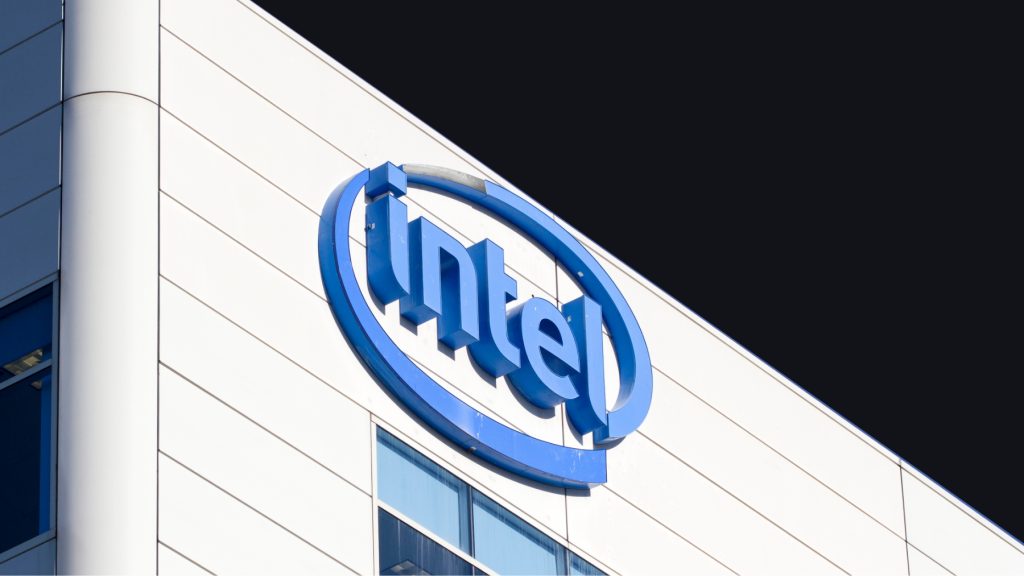
Central to the semiconductor industry, geopolitics hindered Intel’s $5.4 billion acquisition bid for chipmaker Tower Semiconductor.
- The acquisition fell through because of the regulatory obstacles, particularly China’s State Administration for Market Regulation’s lack of approval.
- Regulatory scrutiny intersects with geopolitical tensions in shaping strategic partnerships and mergers.
The US semiconductor giant, Intel, announced on August 16th that its $5.4 billion bid to acquire Israeli chipmaker Tower Semiconductor has been abandoned following the failure to secure regulatory approval central to the semiconductor industry, particularly from China’s State Administration for Market Regulation.
The deal, which was initially announced in February of last year, had a deadline of August 15, 2023, for completion. Its collapse underscores the dynamics of the global semiconductor industry, where strategic partnerships and mergers are subject to intense regulatory scrutiny amid geopolitical tensions.
“After careful consideration and thorough discussions and having received no indications regarding certain required regulatory approval, both parties have agreed to terminate their merger agreement having passed the August 15, 2023 outside date,” said Tower Semiconductor in a statement.
The relationship between the US and China has been strained by trade disputes, intellectual property concerns, and competition for technological dominance. These factors have significantly influenced the fate of the Intel-Tower Semiconductor deal, which fell victim to the larger ‘chip war’ between the two economic powerhouses.
This regulatory roadblock puts into perspective how complex cross-border transactions, which are also central to the semiconductor industry, in the semiconductor sector are. Chinese regulators have been vigilant in scrutinizing deals that could potentially shift control of critical semiconductor supply chains to the US, given the sensitive nature of these technologies. The deal’s failure also draws attention to the challenges faced by US companies attempting to navigate China’s intricate regulatory landscape, especially when it involves strategic industries like semiconductors.
Despite all this, Intel’s CEO, Pat Gelsinger, expressed that his respect for Tower Semiconductor “has only grown through this process and we will continue to look for opportunities to work together in the future.”
As part of the termination agreement, Intel will pay a termination fee of $353 million to Tower Semiconductor. This development comes at a time when Intel is actively seeking to strengthen its position in the semiconductor market by expanding its manufacturing capabilities and portfolio.
The collapse of this deal is just one example of the challenges faced by multinational corporations seeking to navigate the complex and rapidly evolving landscape of global technology and geopolitics. As the semiconductor industry continues to play a pivotal role in the modern world, such regulatory hurdles and geopolitical tensions are likely to impact future deals and strategic partnerships within the sector.
Inside Telecom provides you with an extensive list of content covering all aspects of the tech industry. Keep an eye on our Tech sections to stay informed and up-to-date with our daily articles.